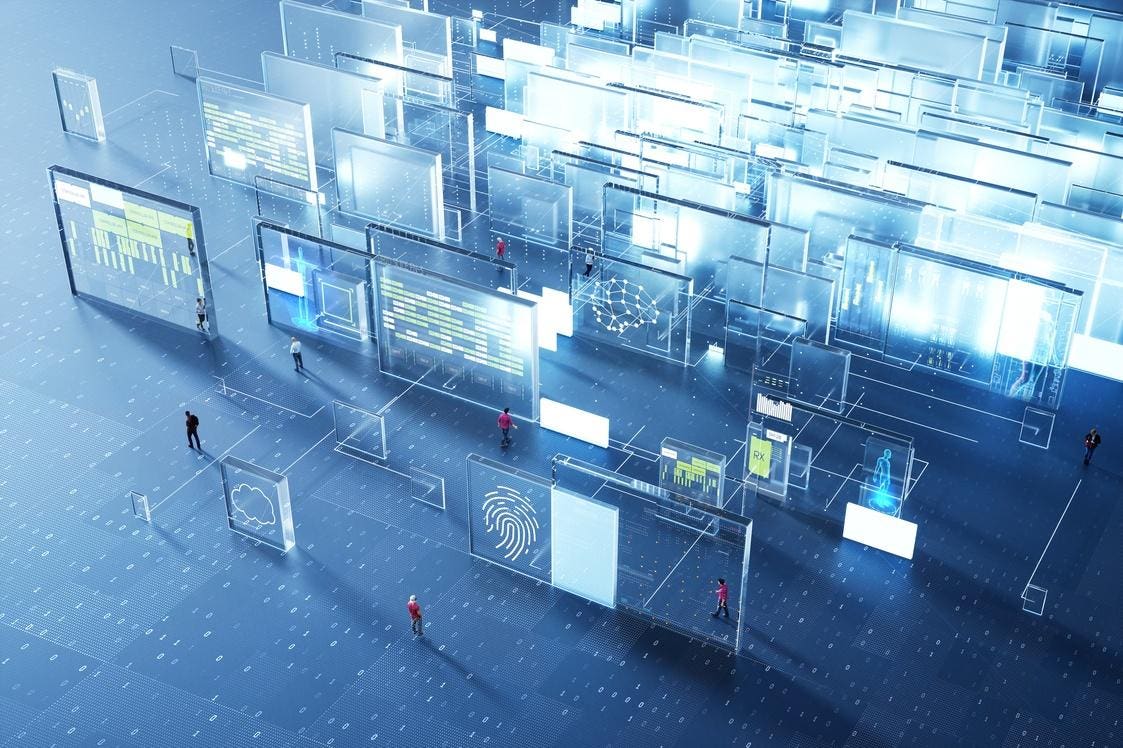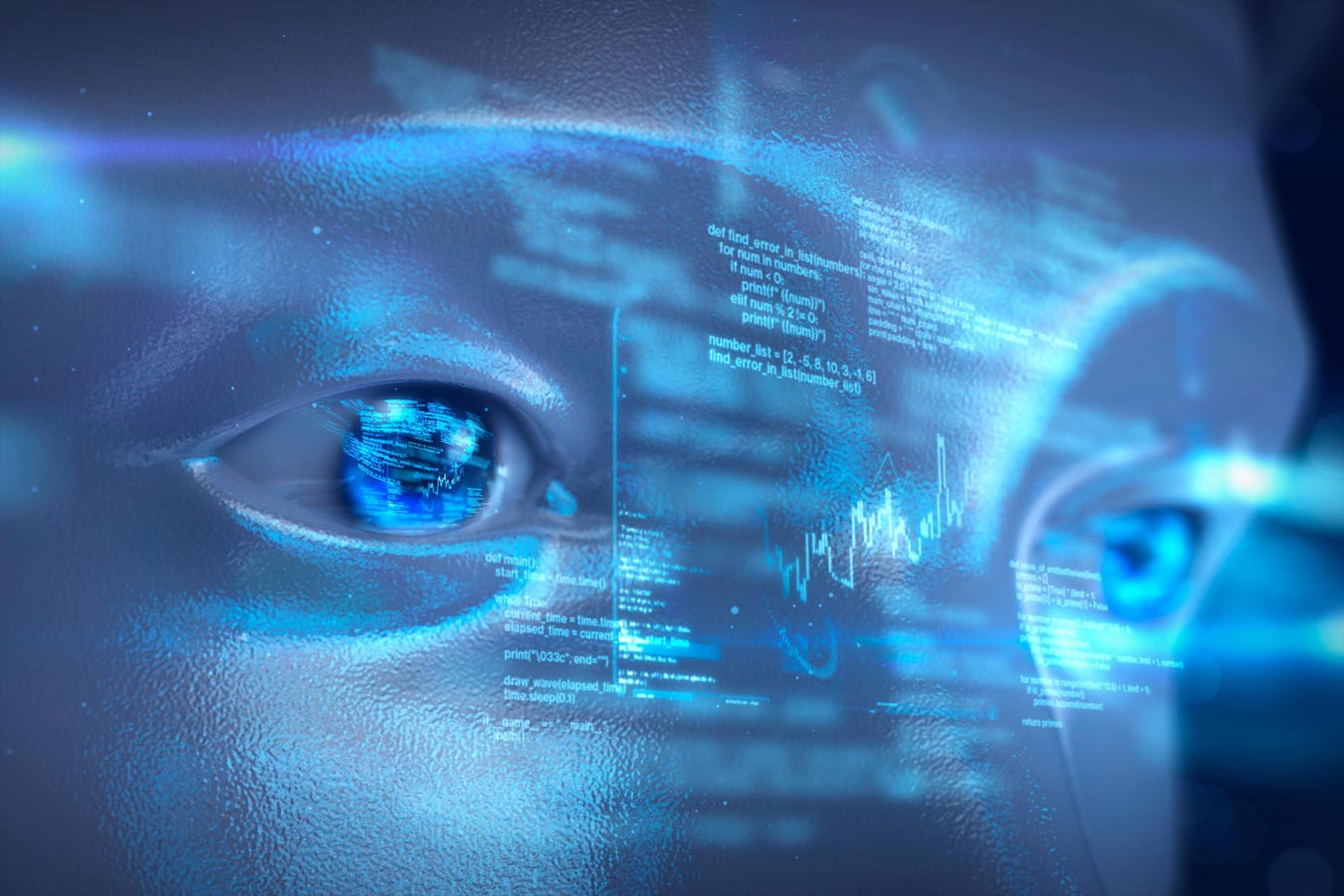Sam Sammane is the CEO of TheoSym.
Companies are under constant pressure to innovate in the race for AI dominance. The competition has led to a surge in investment and experimentation, accelerating the overall pace of AI breakthroughs. The AI revolution, while promising immense benefits, also risks exacerbating the wealth gap. Those with access to cutting-edge AI technology will gain a significant economic advantage, while others may be left behind. This is the real AI gold rush—a transformative period where AI is reshaping industries. Some people are getting rich very quickly, while others are falling behind.
The Acceleration Of AI Innovation
The speed at which AI is evolving is staggering. What once took years to develop can now be achieved in months or even weeks. This rapid iteration is fueled by the convergence of more powerful hardware and increasingly sophisticated algorithms. The vast pools of data available today act as fuel for AI models. With more data to learn from, these models become more accurate and adaptable, accelerating the pace of innovation significantly.
We are witnessing AI being used to develop AI—an accelerating feedback loop. Automated machine learning systems, for instance, are drastically reducing the time required to create and optimize new models, making the entire process faster and more efficient. The open-source movement has democratized AI development. With organizations sharing their models and tools, innovation is no longer confined to tech giants. This collective progress is pushing AI capabilities forward at an unprecedented rate.
The Wealth Divide In The AI Era
The rise of artificial intelligence is creating an economic chasm between those who control the technology and those who are displaced by it. Wealth in the AI age is increasingly concentrated in the hands of a few, as corporations that own AI systems amass unprecedented profits while labor markets shrink. Without proactive policies, AI will exacerbate existing socioeconomic divides, making the rich richer and the poor increasingly dependent on dwindling social safety nets. The promise of AI-driven efficiency comes with a darker side: the erosion of middle-class stability as routine jobs disappear
The Impact On Jobs And Workforce Displacement
The fear of workforce displacement is valid, but it’s not the full picture. History shows that technological revolutions often create more jobs in the long term than they destroy, though the transition period is difficult. As automation and AI continue to evolve, we are inevitably going to see certain jobs become redundant. However, the flip side is that new categories of work will emerge—roles we can’t even define yet. While low-skill, repetitive jobs are the first to be automated, we shouldn’t overlook the potential for AI to enhance productivity in creative and analytical professions, making humans more effective rather than replacing them.
Companies must invest in reskilling programs. The future economy will demand adaptability and continuous learning, making traditional skill sets obsolete faster than ever before. The real challenge lies in ensuring that the economic benefits of AI-driven productivity are distributed fairly, preventing large-scale inequality.
The Urgent Need For An AI-Integrated Education System
Education systems need to evolve at the same pace as technology. The current model of static, standardized curricula is failing to prepare students for a dynamic, AI-driven workforce. If we don’t change the education system now to incorporate the use of AI tools, we’ll be sending an entire generation into the workforce unprepared for the reality of AI-driven businesses. Reskilling and lifelong learning initiatives will become essential. Companies, governments and educational institutions must collaborate to create accessible, flexible learning programs that help individuals stay relevant in the job market.
Entrepreneurship In The Age Of AI
The landscape for entrepreneurship has shifted as AI tools and systems become increasingly more mainstream. Small businesses with few employees are capable of reaching multi-billion-dollar valuations. How? With AI, entrepreneurs no longer require massive amounts of capital or thousands of employees; instead, they are leveraging AI to create an army of digital workers at little cost to bring their innovative ideas to life.
Yet, the promise of AI-driven wealth creation comes with a critical caveat. The challenge is not the technology itself but rather unequal access to it. To truly democratize economic opportunities, there must be accessible funding and widespread AI literacy. Without these, those who secure early access to advanced AI tools will dominate the market, reinforcing disparities rather than leveling the playing field.
The Singularity Of Hope: A Positive Outlook On AI
The traditional concept of technological singularity conjures an image of a dystopian future where machines and artificial intelligence become so advanced that they surpass human intelligence and render our role as humans obsolete. I argue that the singularity is not machines outsmarting humans. Rather, the singularity is humans using AI to become super-intelligent. Generative artificial intelligence will lead to a generation of humans that will use this tool to become 120% smarter than the generation before them—this is the singularity of hope.
I envision a future where our continuous interaction with AI creates a self-reinforcing cycle of learning and cognitive enhancement. We shouldn’t resist these technological advancements, we should embrace them. The dynamic interplay between human creativity and machine processing can amplify our intellectual abilities over time. These advancements in artificial intelligence and our choice to use them to accelerate human intelligence will spark a transformation in how we learn and adapt, ultimately driving innovation and stimulating societal progress. This is the moment where we decide: Do we fear AI or do we use it to create something better?
Technology is already advancing. The change is already here. Individuals, businesses and governments need to embrace these AI advancements responsibly. And if we don’t adapt, we risk being left behind. We’re ushering in an era of prosperity for those who act without delay.
Forbes Technology Council is an invitation-only community for world-class CIOs, CTOs and technology executives. Do I qualify?








